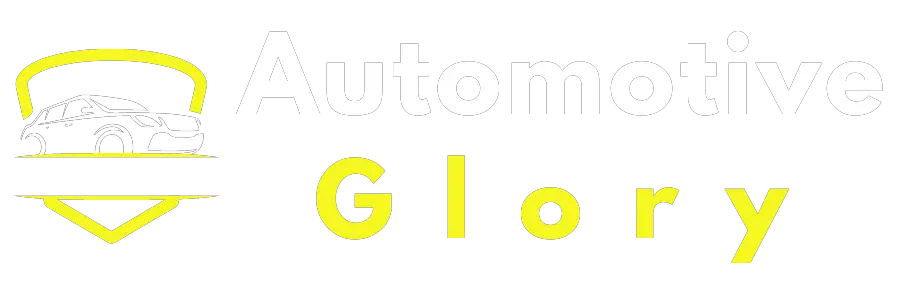What Is The Engine Code [Explained]
Engine code, also known as an engine identification number (EIN), is a unique alphanumeric identifier assigned to each engine manufactured by an automaker. It can be used to identify the engine’s type, size, and other specifications.
So What Is The Engine Code?
The engine code is a unique identifier for a specific engine. It is typically found on a sticker or plate attached to the engine block. The engine code can be used to identify the engine type, size, and other specifications. It can also be used to research recalls and service bulletins for the engine.
What is an Engine Code?
An engine code is a unique identifier assigned to a specific engine by its manufacturer. It is typically a combination of letters and numbers, and it can be used to identify the engine’s type, size, and other specifications.
Why do engines have codes?
Engine codes are used for a variety of purposes, including:
- Identifying the engine for service and repair purposes
- Tracking the engine’s performance over time
- Comparing engines to each other
- Preventing fraud
How do I find my engine code?
The engine code is typically located on a metal plate or sticker affixed to the engine block. It may also be located on the vehicle’s chassis or VIN plate.
If you cannot find your engine code, you can contact your vehicle’s manufacturer or a qualified mechanic.
What do engine codes mean?
The meaning of an engine code varies depending on the manufacturer. However, most engine codes follow a similar format, with the first few characters identifying the engine type, followed by additional characters that specify the engine’s size, emissions rating, and other specifications.
Here is an example of an engine code:
L379445
This code is for a 3.7-liter V6 engine that meets the 1994 emissions standards. The L indicates that the engine is a V6, the 3 indicates that the engine displacement is 3.7 liters, and the 79445 indicates that the engine meets the 1994 emissions standards.
How can I use my engine code?
You can use your engine code to:
- Order replacement parts
- Research engine performance
- Compare engines to each other
- Prevent fraud
If you are unsure how to use your engine code, you can contact your vehicle’s manufacturer or a qualified mechanic.
Also Read: What Letter In The Vin Is The Engine Code
FAQs About Engine Codes
What is an engine code?
An engine code is a unique identifier assigned to a specific engine by its manufacturer. It is typically a combination of letters and numbers, and it can be used to identify the engine’s make, model, and year.
Why do engines have codes?
Engine codes are used for a variety of purposes, including:
Identifying the engine for service and repair purposes
Tracking recalls and warranty issues
Preventing counterfeit parts from being installed
Tracing the history of an engine
How can I find my engine code?
There are a few different ways to find your engine code. The easiest way is to look for a sticker or label on the engine itself. This sticker will typically contain the engine code, as well as other information such as the engine’s make, model, and year.
If you cannot find a sticker or label on the engine, you can also try looking in the owner’s manual. The owner’s manual will typically have a section that lists the engine code.
Finally, you can also try looking up your engine code online. There are a number of websites that offer free engine code lookup services.
What do the different letters and numbers in an engine code mean?
The specific meaning of the letters and numbers in an engine code will vary depending on the manufacturer. However, there are some general rules that apply to most engine codes.
The first few letters of an engine code typically represent the manufacturer’s name. For example, an engine code that starts with L is likely to be a Chevrolet engine.
The next few letters or numbers typically represent the engine’s model and year. For example, an engine code that starts with L327 is likely to be a Chevrolet 350 cubic inch V8 engine from 1977.
The final letters or numbers in an engine code typically represent the engine’s specific configuration. For example, an engine code that ends with X is likely to be a high-performance engine.
What happens if I put the wrong engine code in my car?
Putting the wrong engine code in your car can cause a number of problems, including:
Engine misfires
Reduced fuel economy
Increased emissions
Damage to the engine
If you are not sure what engine code your car has, it is best to consult with a qualified mechanic.



![How To Fix Engine Code P0171 [Find Out]](https://automotiveglory.com/wp-content/uploads/2024/05/how-to-fix-engine-code-p0171-find-out_6104-768x529.jpg)


